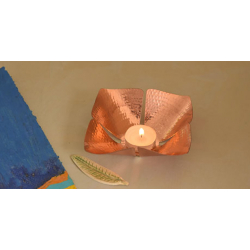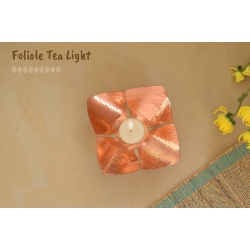ताम्र ✤ Foliole Tea Light
- Availability: Out Of Stock
- Made & Mkt by: Coppre
- Product Code: 4018-F-L-19
- Weight: 94.00g
- Dimensions: 5.50in x 5.50in x 1.50in
$18.28
Flowers are the muse, for this quaint, four-petaled copper votive. Use as a bunch on a center table or as corner highlights to create an evening spectacle.
These handcrafted votives make excellent souvenirs and tell a heritage story with their contemporary design and aesthetic.
The typical dispatch time is 2-3 days; however, in special cases, it may take longer. Please refer to the product details section for specific timelines. Once dispatched, we will share the tracking details with you.
For returns, you can file a request within 24 hours of receiving the product. If the package is damaged, please make a video while unboxing and share images of the damaged item along with your return request.
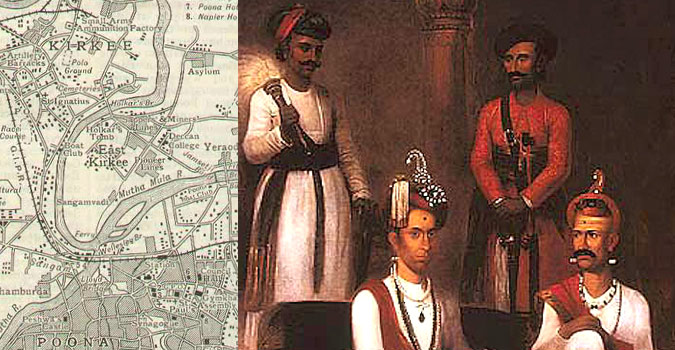
The legacy of the Tambat Craftspeople who handcraft Coppre's products dates to the 17th century when they were invited to Pune by the Peshwas when Shivaji set up the city as the capital city of the Maratha Empire.
When the Tambat craftspeople migrated from Konkan to Pune, they formed their settlement in Kasba Peth, an already established nucleus of old Pune. Their precincts came to be known as Tambat Ali (Ali:precincts). These narrow and dusty alleys of Tambat Ali where the timeless sound of metal-hammers clang on copper, have remained pretty much the same as they were almost 300 years ago.
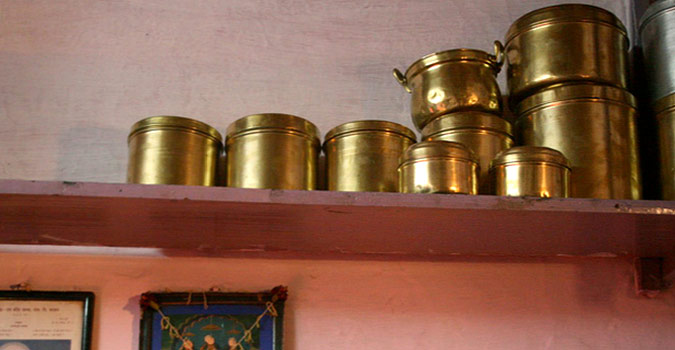
From making armour, coins, canons, copper utensils, ritual wares for the Peshwa rulers, the Craftspeople embraced the culinary and ritual needs of Maharashtrian communities and crafted traditional products such as utensils and puja items.Distinguishing feature of Tambat craft
‘Matharkaam’ or beaten work is the distinguishing feature of Tambat craft. The hand-beaten indentations, made by profiled beating hammers, strengthen the object and enhance the inherent rich surface by imparting a mirror-like appearance. It is a skill intensive craft and needs strength, dexterity and a keen hand-foot-eye coordination.
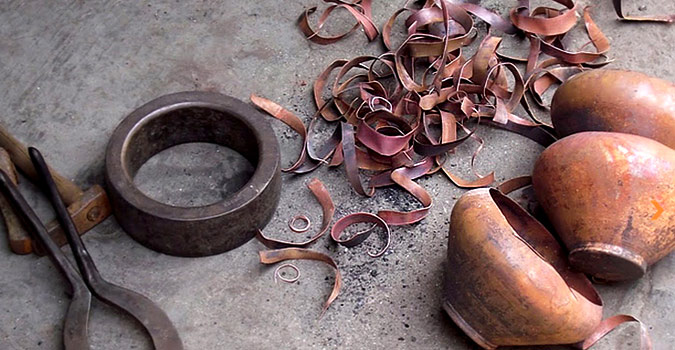
It is the only skill that the community could save from the onslaught of mechanization with the coming of British rule, which to date has not leant itself to be mimicked on any machine.
The loss of the patronage of the Peshwas, the introduction of mechanization and the bans imposed by the British, forced the Tambats to set up their own shops to sell their wares to the commoners. Over the years, the members of the Tambat community practicing this craft have continued to dwindle. There were upto 800 Tambat households in the early 1970s. By the early 90s, The Tambat households in Pune city fell to 250. Currently, about 80-100 families directly depend on the Tambat Craft for their livelihood.
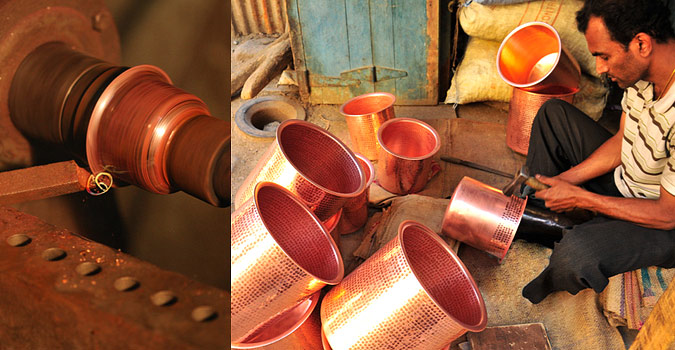
Hit by changing traditions, rising copper prices on the commodity markets in recent years, the convenience offered by materials like stainless steel and plastic and the provocative economic opportunities outside the confines of their craft, has led to a near stagnation. Yet some families of the community persevere with this craft of shaping objects from sheets of copper they carry on the ghadkaam (raising, sinking and shaping of the utensil), the crafting of ritual wares, nakshikaam (repousse and chasing); and the crafting of one-off temple objects.
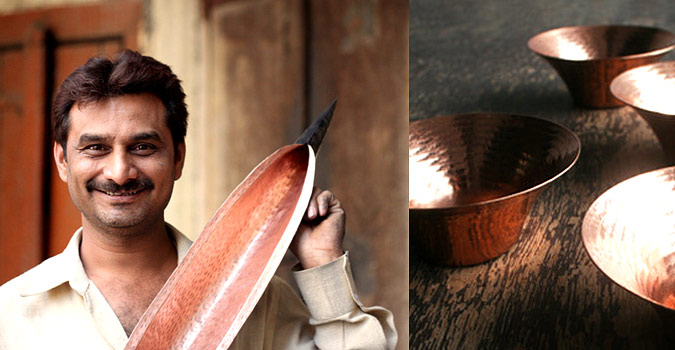
Passed on through apprenticeship from one generation to the next, today the craft remains in the hands of a few craftspeople with even fewer willing to take on this heritage craft.
| Craftsmen | |
| Made by | Artisan working with coppre |
| City | Pune, Maharashtra |
| Details | |
| Product details | "Flowers are the muse, for this quaint, four-petaled copper votive. Use as a bunch on a center table or as corner highlights to create an evening spectacle. These handcrafted votives make excellent souvenirs and tell a heritage story with their contemporary design and aesthetic. " |
| Material | |
| Made of | Copper with a clear lacquer coat |
| Instruction | |
| Care | The life of the lacquer is about 6 months in coastal areas and about 2 years in dry areas.>To clean your lacquered decorative copper products wipe clean with a moist soft and metal cleaning agent like Pitambari, lime & salt, or vinegar & salt or tamarind. >Wipe dry immediately or else water residues will leave stains. >Some waters cause dark spots on copper. To remove, apply tamarind or vinegar or lime concentrate and leave for 15 mins. Wash off with clean water. >Dark spots build-up on copper are not harmful to health. >Do not scrub your lacquered copper products or use any kind of detergents on it. >Copper oxidises on exposure to the atmosphere. The lacquer coat on your product merely retards the oxidation process. >In time, however, your lacquered products will darken and the copper will begin to acquire a patina as it ages. |
| Restrictions | |
| COD - Option | Not Available |
Long time ago, there was a king of Sindh, who like any other king, was fond of royal luxuries and used to sleep on a new bedspread everyday. One day, ..
$111.70
Long time ago, there was a king of Sindh, who like any other king, was fond of royal luxuries and used to sleep on a new bedspread everyday. One day, ..
$111.70
Long time ago, there was a king of Sindh, who like any other king, was fond of royal luxuries and used to sleep on a new bedspread everyday. One day, ..
$111.70
Long time ago, there was a king of Sindh, who like any other king, was fond of royal luxuries and used to sleep on a new bedspread everyday. One day, ..
$111.70
Long time ago, there was a king of Sindh, who like any other king, was fond of royal luxuries and used to sleep on a new bedspread everyday. One day, ..
$111.70
Long time ago, there was a king of Sindh, who like any other king, was fond of royal luxuries and used to sleep on a new bedspread everyday. One day, ..
$111.70
Long time ago, there was a king of Sindh, who like any other king, was fond of royal luxuries and used to sleep on a new bedspread everyday. One day, ..
$111.70
"I grew up collecting teas from around the world. friends and family, who would travel well would bring back teas from around the world, from Japan, C..
$10.15
Anagh Jewels are manufacturers of Natural Stone Jewels, Silvers Jewelry & German Silver Jewelry. Each piece is different as it is beautifully hand..
$7.51
Rejuvenating
UBTAN is a brand which deals in 100% organic & paraben free skin care products, and maintains
a stringent quality control by ..
$7.62
Large fields, small hills, going uphill in the summer and coming downhill in the winter, amidst the beautiful mountains… this is the life of the Bhoti..
$33.20
Sunset at the great Narmada, the stepped ghat dotted with small temples, flickering diyas floating downstream in prayer, the river glowing a flaming g..
$79.20
A grand procession is on its way from the palace. There are soldiers on horses, ministers riding on camels and the king and queen are sittin..
$710.80
“If an image has to be made, it must be made of wax first” Vishnusamhita, 5th century AD.Under clouds of smoke emanating from earthen lamps, amid batt..
$47.73
Gathering commences in the middle of deserted pavilions where velvet carpets adorn the Dessert lands & Manganiyars play folk music as a bugle for ..
$10.40 $20.82
Gathering commences in the middle of deserted pavilions where velvet carpets adorn the Dessert lands & Manganiyars play folk music as a bugle for ..
$10.40 $20.82
Gathering commences in the middle of deserted pavilions where velvet carpets adorn the Dessert lands & Manganiyars play folk music as a bugle for ..
$10.40 $20.82
Gathering commences in the middle of deserted pavilions where velvet carpets adorn the Dessert lands & Manganiyars play folk music as a bugle for ..
$10.40 $20.82
A familiar chatter swells in the air as feet chase the trail of a carelessly flying odhani in the by-lanes of Bhuj, spilling colors all over. While&nb..
$62.35 $69.29
A familiar chatter swells in the air as feet chase the trail of a carelessly flying odhani in the by-lanes of Bhuj, spilling colors all over. While&nb..
$189.07 $210.09
A familiar chatter swells in the air as feet chase the trail of a carelessly flying odhani in the by-lanes of Bhuj, spilling colors all over. While&nb..
$70.27 $78.09

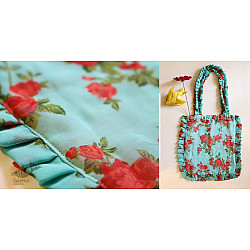
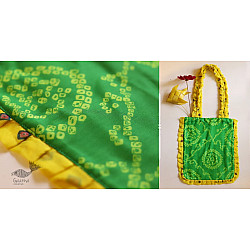
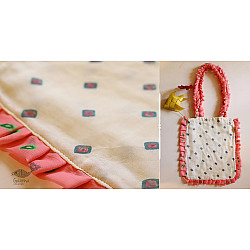
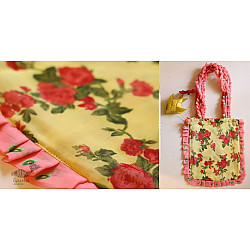
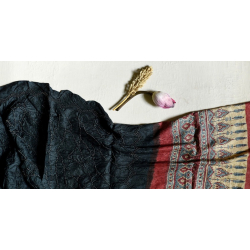
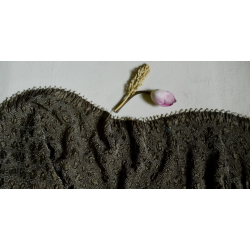
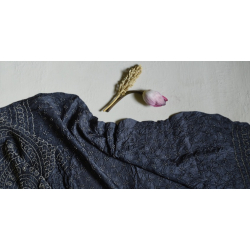
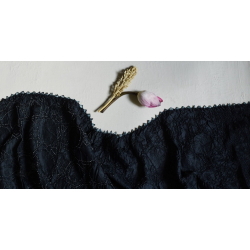
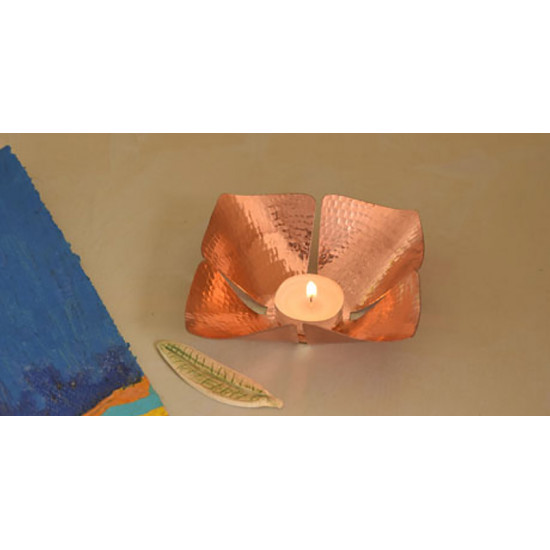
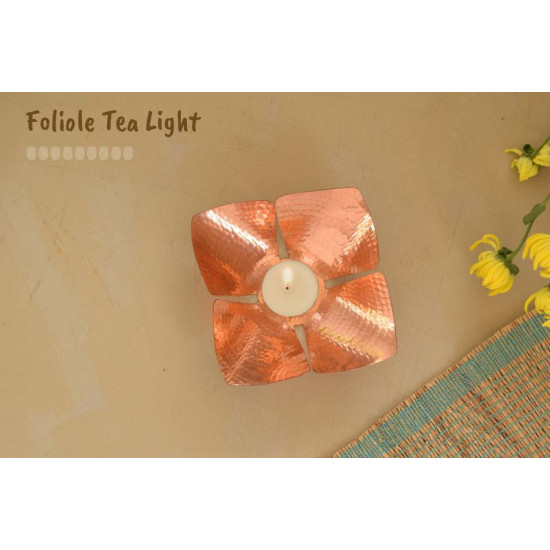
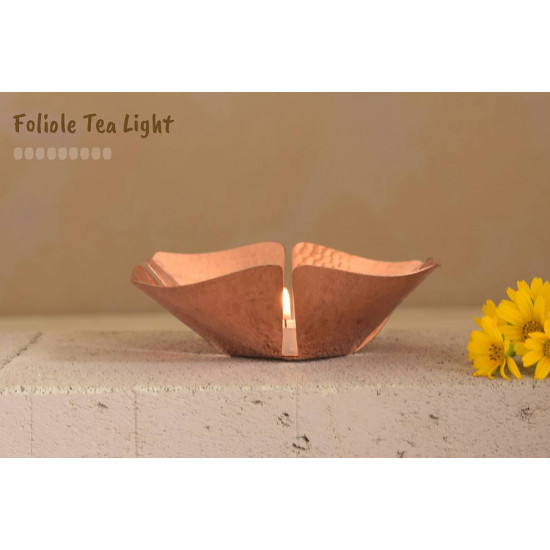




-225x150w.jpg)
-225x150w.jpg)
-225x150w.jpg)
-225x150w.jpg)
-225x150w.jpg)
-225x150w.jpg)
-225x150w.jpg)
-225x150w.jpg)
-225x150w.jpg)
-225x150w.jpg)
-225x150w.jpg)
-225x150w.jpg)
-225x150w.jpg)
-225x150w.jpg)
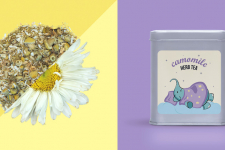

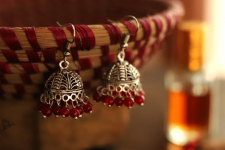
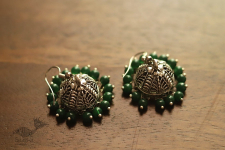
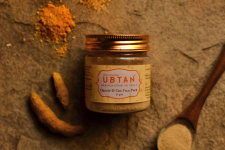
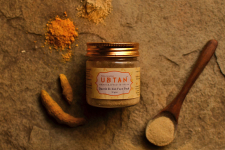
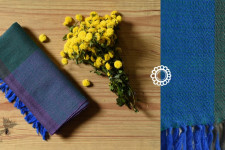
-225x150w.jpg)
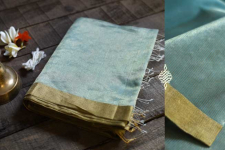
-225x150w.jpg)

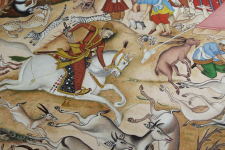
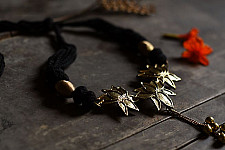
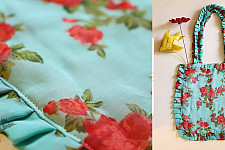
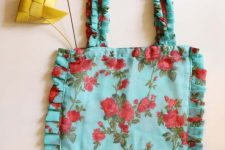
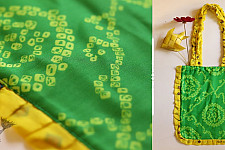
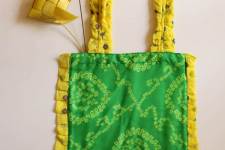
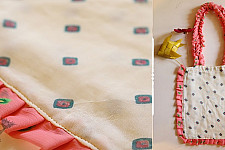
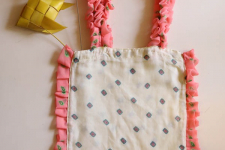
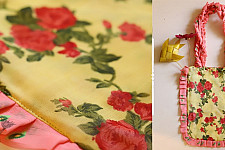
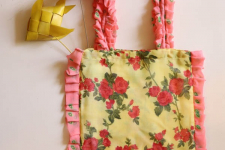
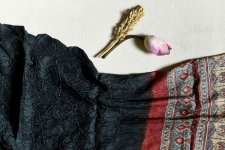
-225x150w.jpg)
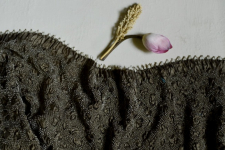
-225x150w.jpg)
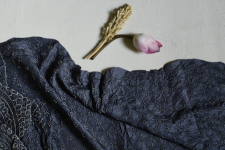
-225x150w.jpg)
